

In 1932, Albert Einstein was invited by the League of Nations to address a letter on any subject to any person. He chose to correspond with Sigmund Freud about avoiding war. To this day, the correspondence about war of two great thinkers of all time proves to be more relevant than ever. Inspired by this correspondence between Albert Einstein and Sigmund Freud almost a century ago, the film Why War traces the roots of war, and embarks on a search for an explanation of the savagery of wars that inhabit our world.
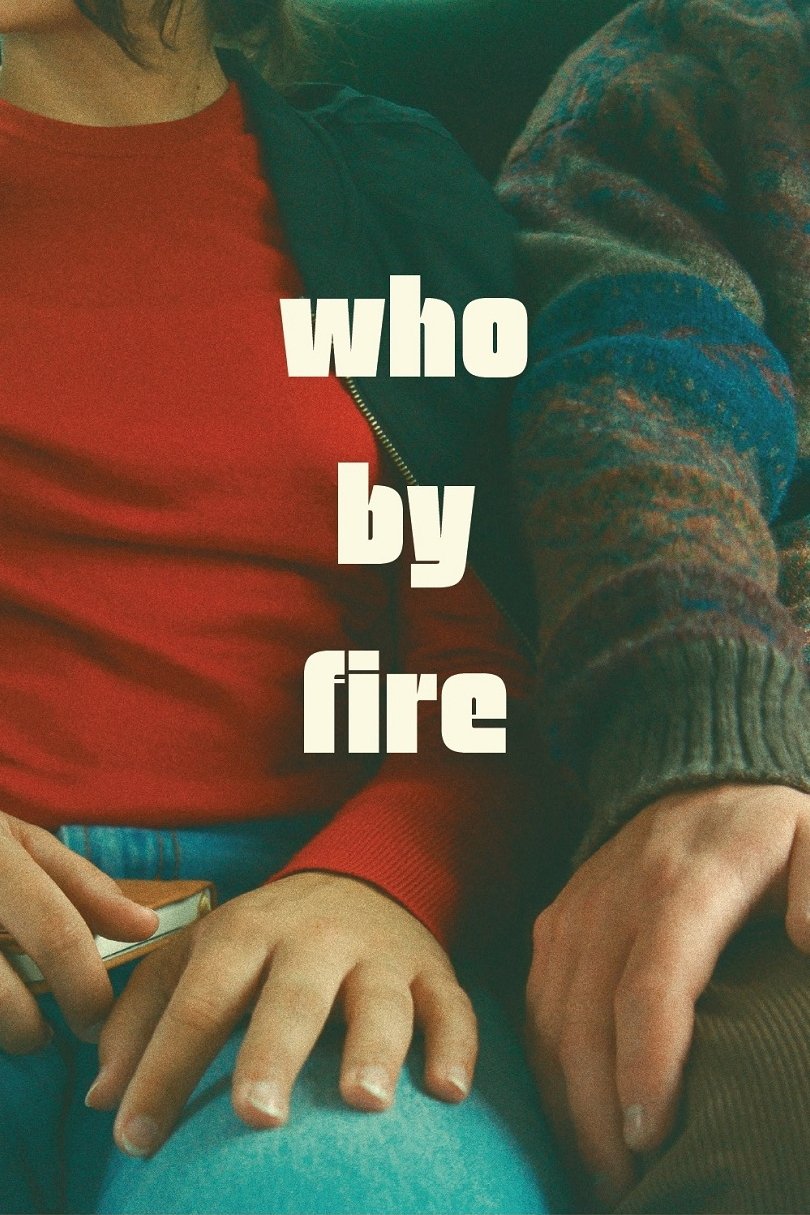
Jeff is invited by his friend Max to travel deep in the woods and stay at the isolated estate of acclaimed director Blake Cadieux. He has high expectations for the trip: Cadieux is an artist he greatly admires – plus Aliocha, Max’s older sister, with whom he is secretly in love, is also coming. The untouched and hostile forest and the director’s huge cabin become the territory where the youthful search for ideals and freedom confronts the wounded egos of the adults.
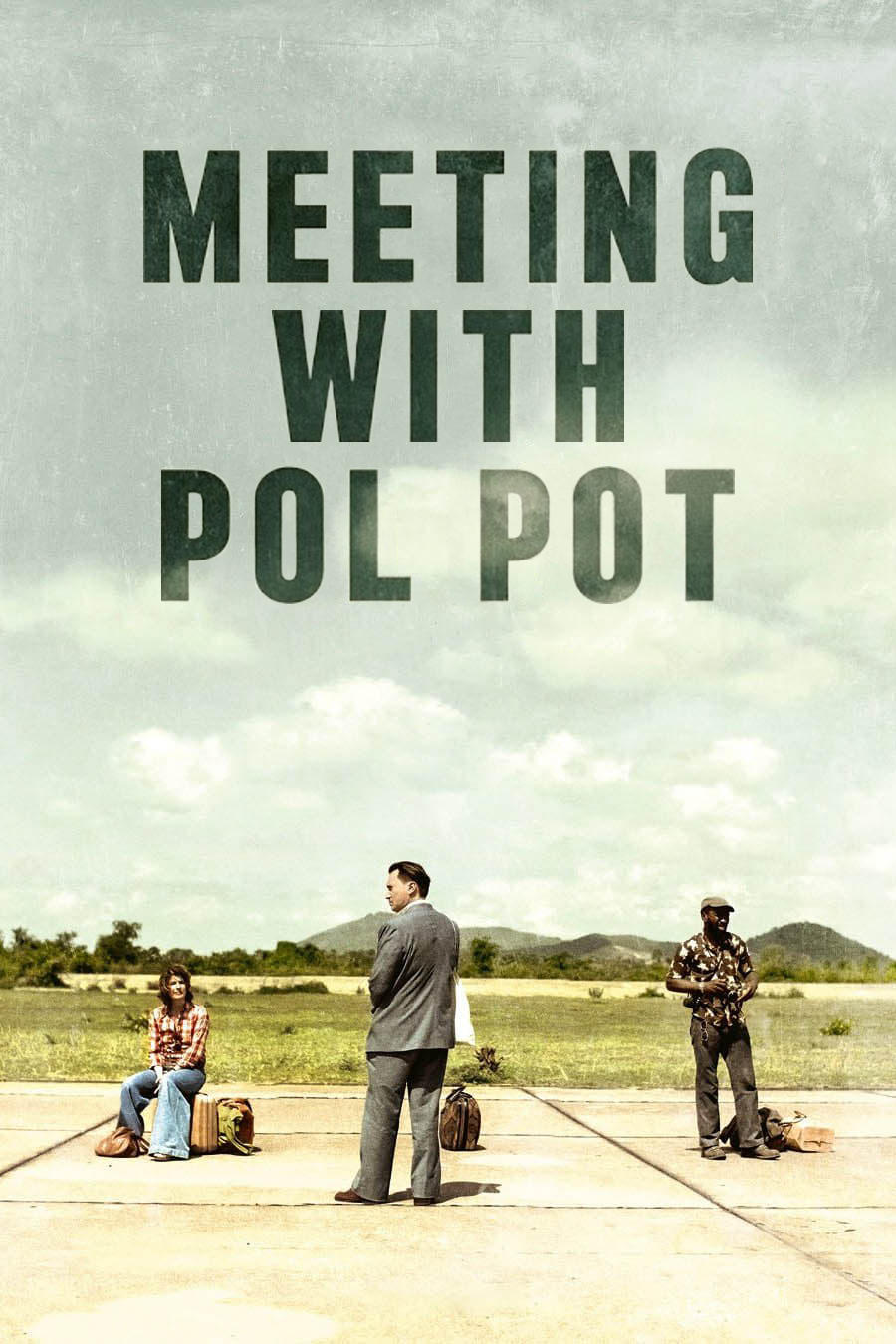
Democratic Kampuchea (Cambodia) - 1978. Three French journalists are invited by the Khmer Rouge to conduct an exclusive interview of the regime's leader, Pol Pot. The country seems ideal. But behind the Potemkin village, the Khmer Rouge regime is declining and the war with Vietnam threatens to invade the country. The regime is looking for culprits, secretly carrying out a large scale genocide. Under the eyes of the journalists, the beautiful picture cracks, revealing the horror. Their journey progressively turns into a nightmare. Freely inspired by journalist Elizabeth Becker's account in When the war was over.
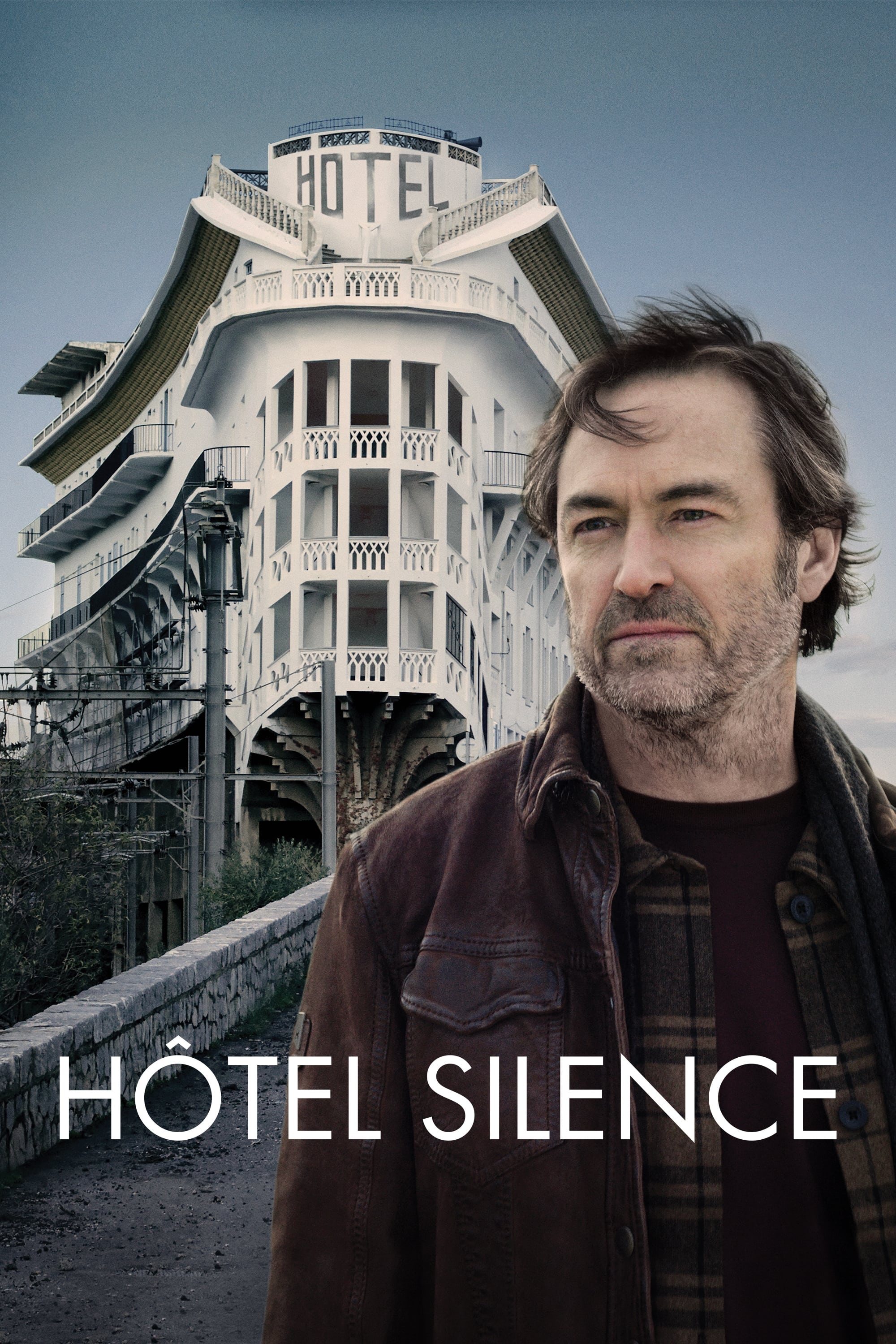
Jean, in his fifties, has lost his lust for life. He leaves Canada for a faraway country, somewhere in Europe. A beautiful place to end his days, he thought. But that was without counting on the formidable resilience of the inhabitants and residents of the Hotel Silence.
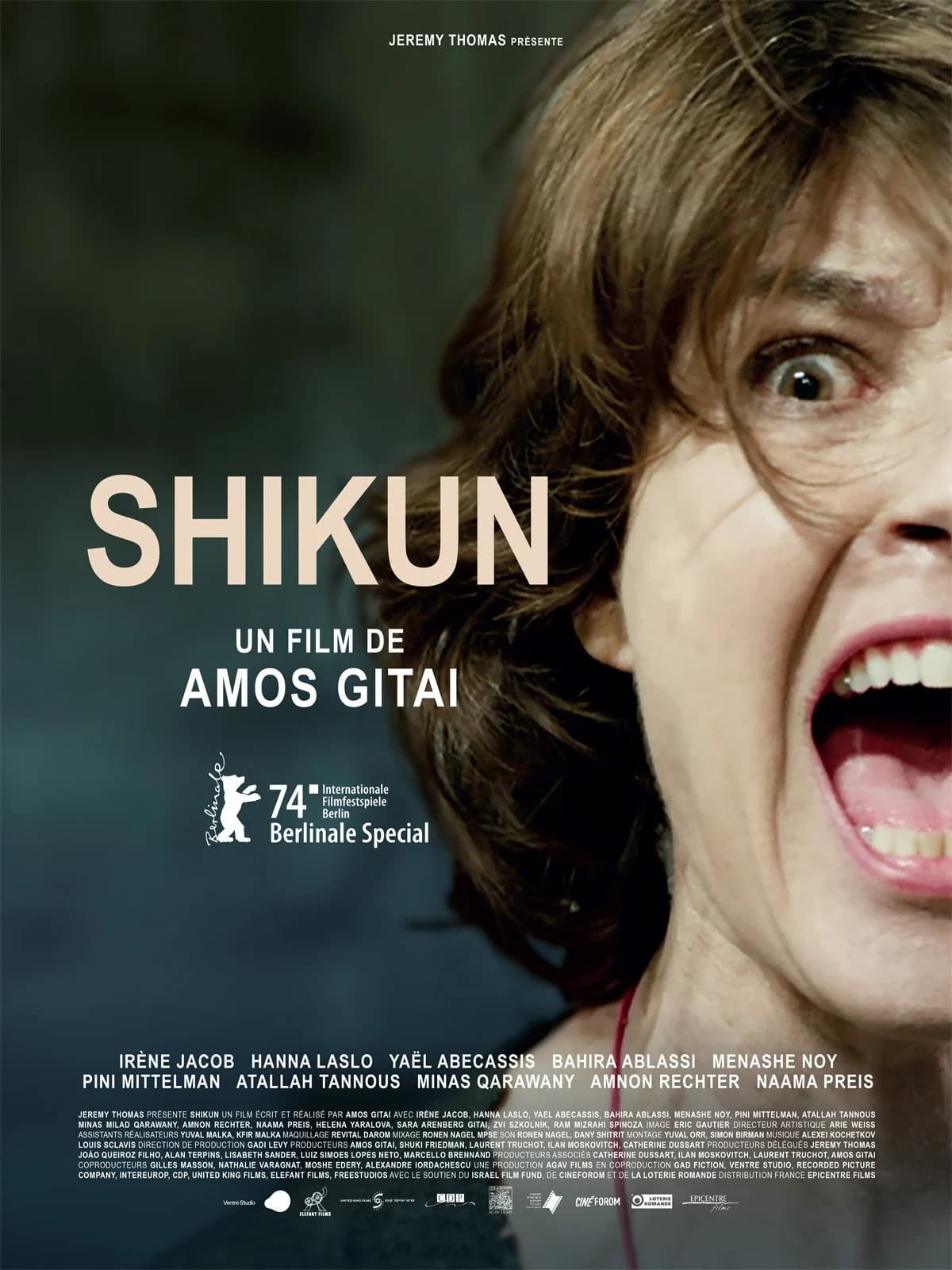
A diverse cross-section of Israeli society converges in a single multi-use building, the Shikun. As people of different languages, origins and generations come together in highly theatrical encounters, they grapple with the current state of affairs. In a poignant metaphor inspired by Eugène Ionesco’s famous play “Rhinoceros”, some begin to turn into rhinoceroses, while others resist.
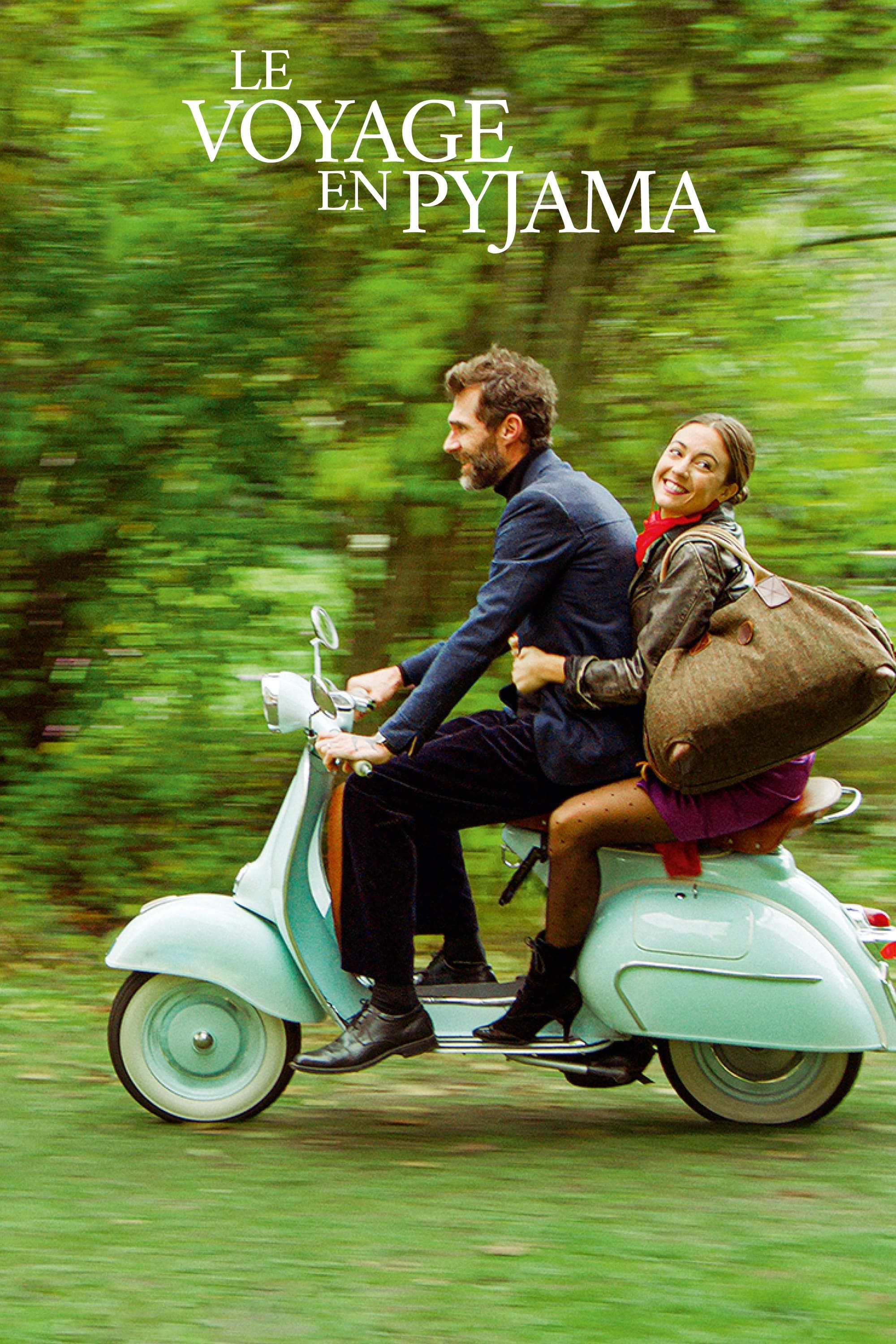
40-something Victor, humanities professor and amateur meteorologist, is a madcap, a friendly dabbler, who lives day by day, alongside is wife Anne.
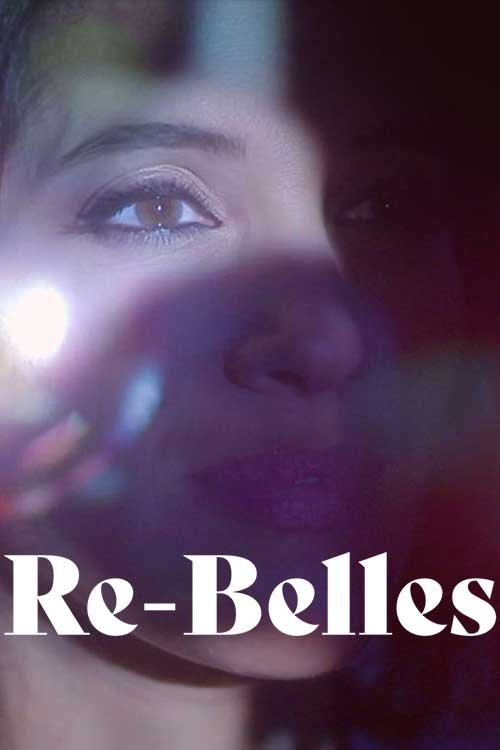
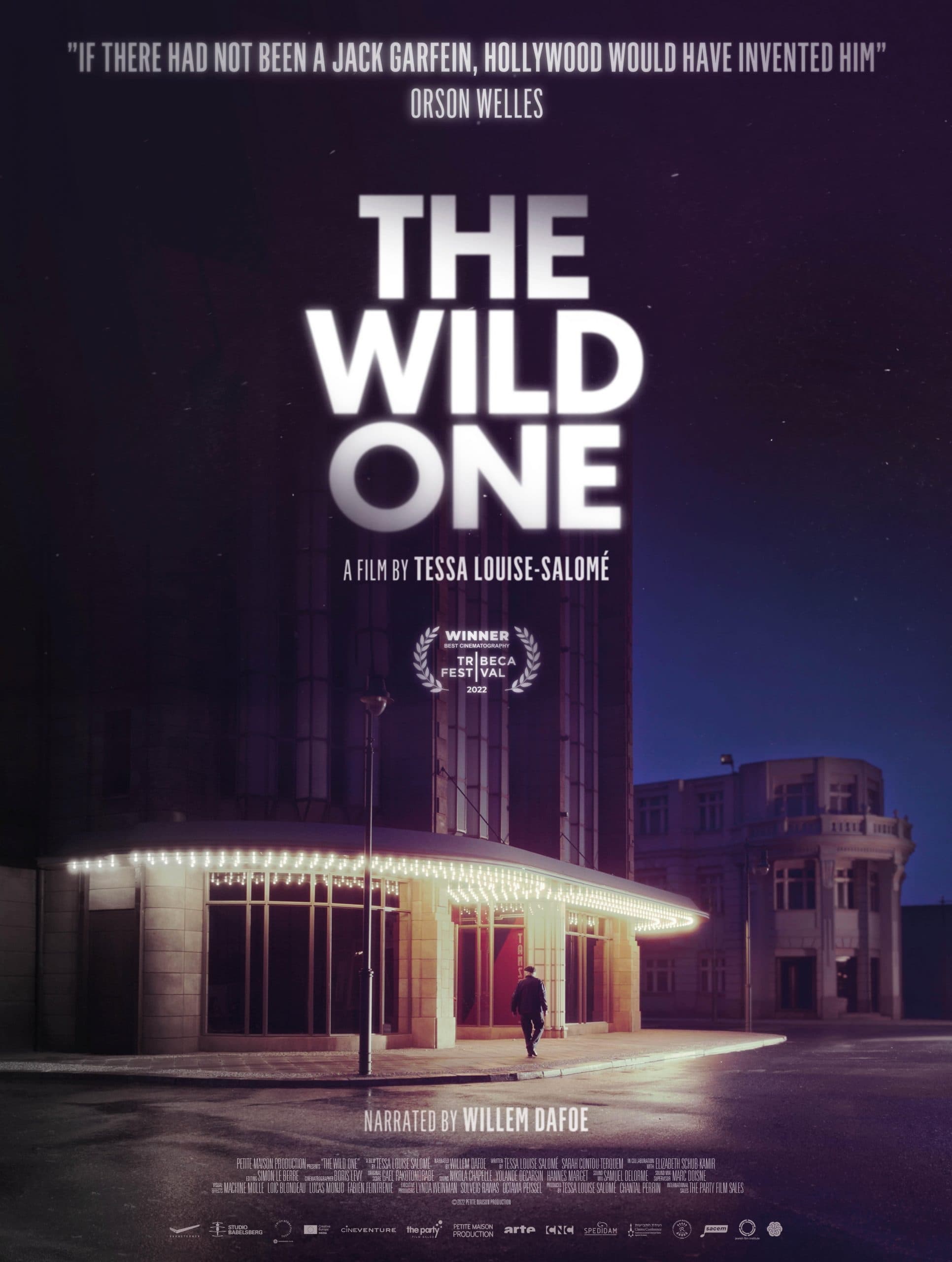
In the work of Jack Garfein - Holocaust survivor, theater and film director, key figure in the formation of the Actors Studio - past and and present freely intermingled to contribute to memorable stage productions and in two films, many which were ahead of their time in tackling such issues as homosexuality, race and violence. Powered by his vivid recollections and augmented with readings by Willem Dafoe, The Wild One traces Garfein’s life: his Czechoslovakian youth, his family’s fleeing the Nazis, surviving in Auschwitz and other camps, his 1946 arrival at 16 in New York and coming under the wing of Lee Strasberg, Hollywood, his marriage to actress Carroll Baker.
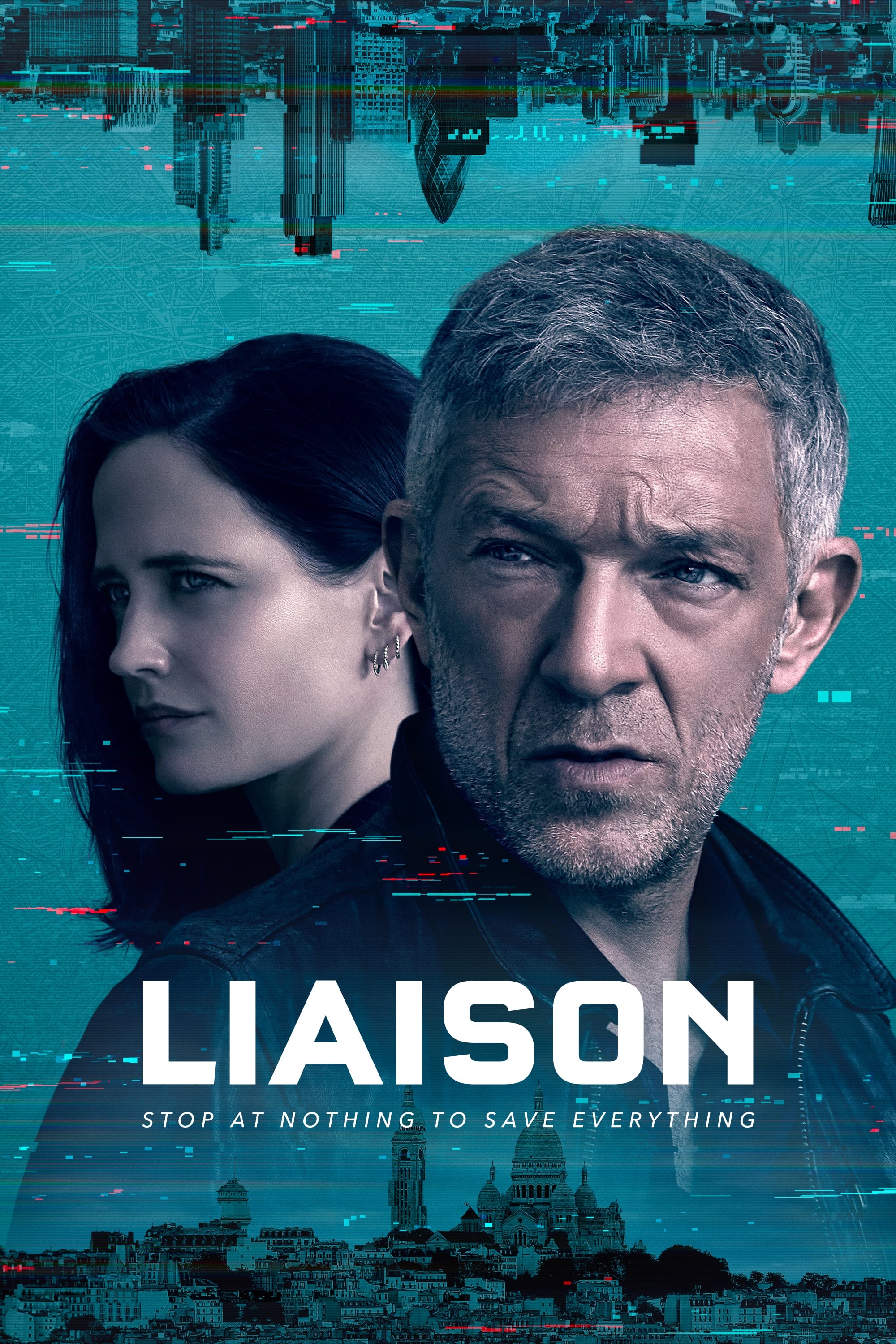
Two agents—and former lovers—must work together to combat international cyberattacks threatening the UK while also confronting the buried secrets of their destructive relationship.
Irène Marie Jacob (born 15 July 1966) is a French-born Swiss actress considered one of the preeminent French actresses of her generation. Jacob gained international recognition and acclaim through her work with Polish film director Krzysztof Kieslowski, who cast her in the lead role of The Double Life of Véronique and Three Colors: Red. She came to represent an image of European sophistication, through her "classic beauty and thoughtful, almost melancholic style of acting." Description above from the Wikipedia article Irène Jacob, licensed under CC-BY-SA, full list of contributors on Wikipedia.
By browsing this website, you accept our cookies policy.